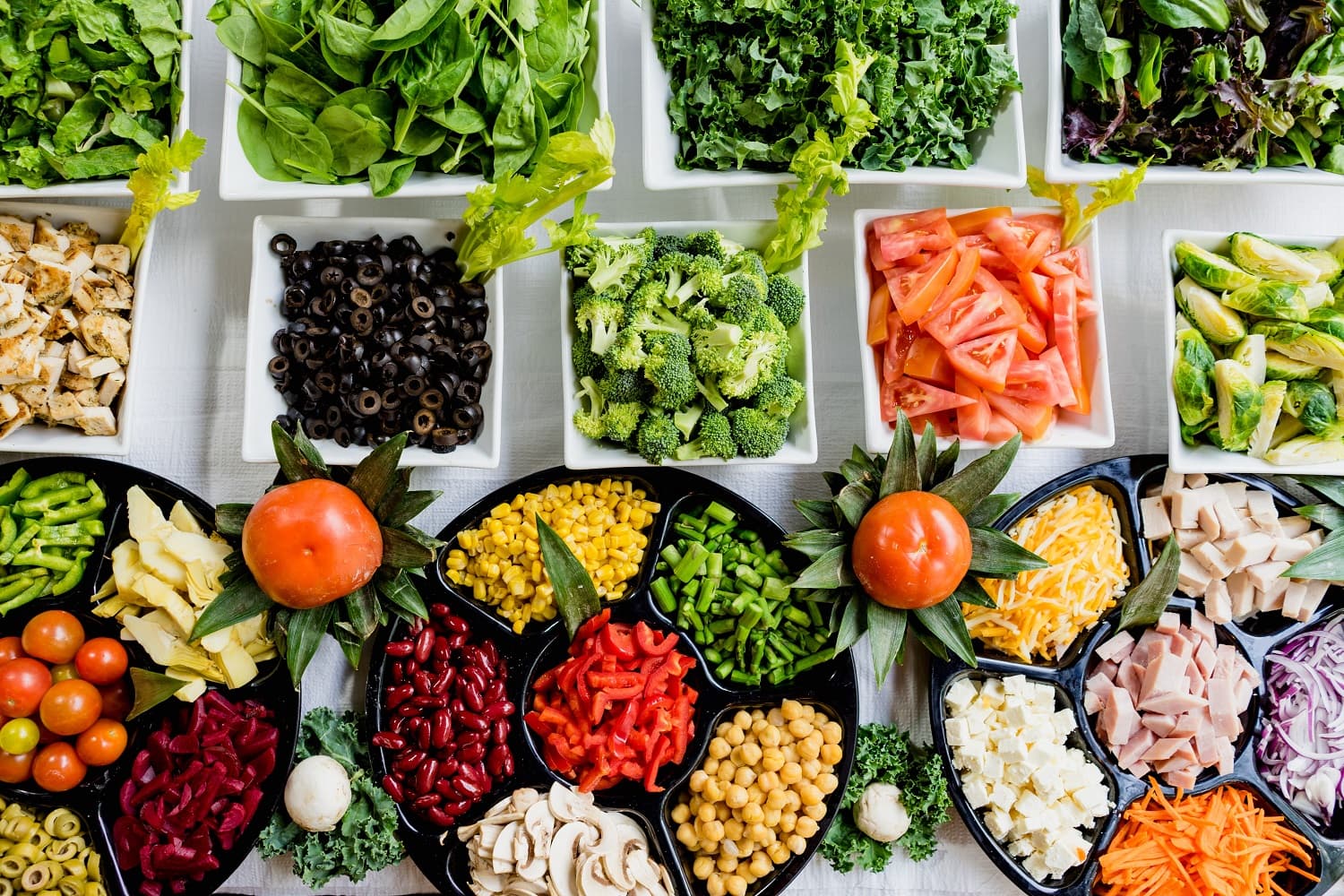What is Nutrition?
Nutrition is the science of the interrelationship between a person's food intake and their dietary needs. Food has an important role in maintaining a person's level of health. Good nutrition is a cornerstone of good health and involves an adequate, well-balanced diet together with regular physical activity. Oftentimes, poor nutrition in individuals can lead to a weakened immune system, an increased susceptibility to several diseases, an impairment of physical and mental development, and reduced productivity.
Professionals who specialise in nutrition are called nutritionists or dietitians. In Australia, there are no rules that govern the proper use of the terms "Nutritionist" and "Dietitian". To ensure that you receive expert nutrition advice, always enquire about the qualifications of a nutritionist or dietitian.

How Does Nutrition Work?
Good nutrition is a critical factor in leading a healthy lifestyle. Combined with regular physical activity, a well-balanced diet will help you reach and maintain a healthy weight, reduce the risks of developing chronic diseases and achieve optimal health.
However, unhealthy eating habits have contributed to a number of health conditions such as obesity. It poses several major health risks such as heart disease, diabetes, and certain types of cancer. The risk factors for developing adult chronic diseases such as type 2 diabetes and hypertension are increased. It is highly important to mind the importance of developing healthy eating habits.
Integrating the seven elements of nutrition into one's daily meals will ensure their body gets the essential nutrients. These are natural substances that support a person's growth and maintain life. Here's the list of the seven elements of nutrition:
- Water - 60 % of the human adult body is made up of water. It is important for survival as the body heavily relies on water. Drinking water helps the body to stay hydrated, remove wastes and regulate temperature.
- Carbohydrates - When broken down, this macronutrient produces glucose which is the body's main source of energy.
- Proteins - They create new enzymes and hormones essential for the formation, growth and repair of muscle and other body tissues.
- Fat - An essential nutrient responsible for boosting the absorption of vitamins and helping in protecting the organs.
- Vitamins - They play important roles in several chemical processes in the body.
- Minerals - Each mineral has different functions but is critical in maintaining a normal body performance. The seven essential minerals include Sodium, Iron, Potassium, Calcium, Magnesium, Zinc, and Phosphorus.
- Fiber or Roughage - They help in maintaining the body systems and lowering the risks for developing chronic disease.
What are the Benefits of Nutrition?
Getting good nutrition ensures a strong immune system that is capable of fighting diseases. It also promotes a healthy weight and mind and allows the body to perform at peak performance. While everyone should watch what they eat, more emphasis is placed on those with food intolerance.
Food intolerance is the negative reaction of a person to a specific food or ingredient whenever it is eaten. The reaction occurs when there is an irritation on the various nerve endings in various body parts. Symptoms for each person is varied but the common ones include:
- Nausea
- Bloating
- Diarrhea
- Abdominal pain
- Bowel irritation
It is important to note the difference between food intolerance and food allergies. Food allergies are much more serious as they involve an immune response.
If a person has an intolerance for a particular food, the best way to manage it is to stop eating the food in question for a while. Then reintroduce it in small quantities while monitoring the amount that the body can tolerate without the symptoms showing up.
If a person is unsure of the food or ingredient he or she is intolerant to, it is best to consult with a nutritionist or dietitian before removing the food from their diet.
What Can You Expect From Nutrition?
The definition of good nutrition differs for each person. For example, some people may find chicken a healthy source of protein, while others consider it to be the main culprit for many allergies. There are people who consume nuts on a daily basis to get their fill of omega-3 fatty acids, but those who have kidney disease stay away from nuts of all shapes, sizes and textures.
To find out what works for you and what doesn't, it's important to seek guidance from a certified nutritionist or dietitian. During a consultation with one, your genetics, eating habits, lifestyle choices and environment will all come into play because a practitioner of nutrition applies a holistic approach, taking the mind, body and spirit into account.
A typical consultation can last an hour or even longer because the practitioner recognises the fact that each client has a unique set of needs. After checking the state of your health, the practitioner will recommend foods that meet the nutrient requirements of your body. Nutritionists and dietitians deliver face-to-face and online consultations to meet each of their clients' individual needs. Whilst you don't have to follow all of their recommendations down to a T, it is important to cut out food items which don't supply the necessary macronutrients and micronutrients.
Is Nutrition Safe?
Good nutrition benefits everybody; you don't fall by eating nutritious foods. However, it is very important to know what goes into your body, especially if you suffer a medical condition. Working closely with a nutritionist or a dietitian is recommended if that's the case.




